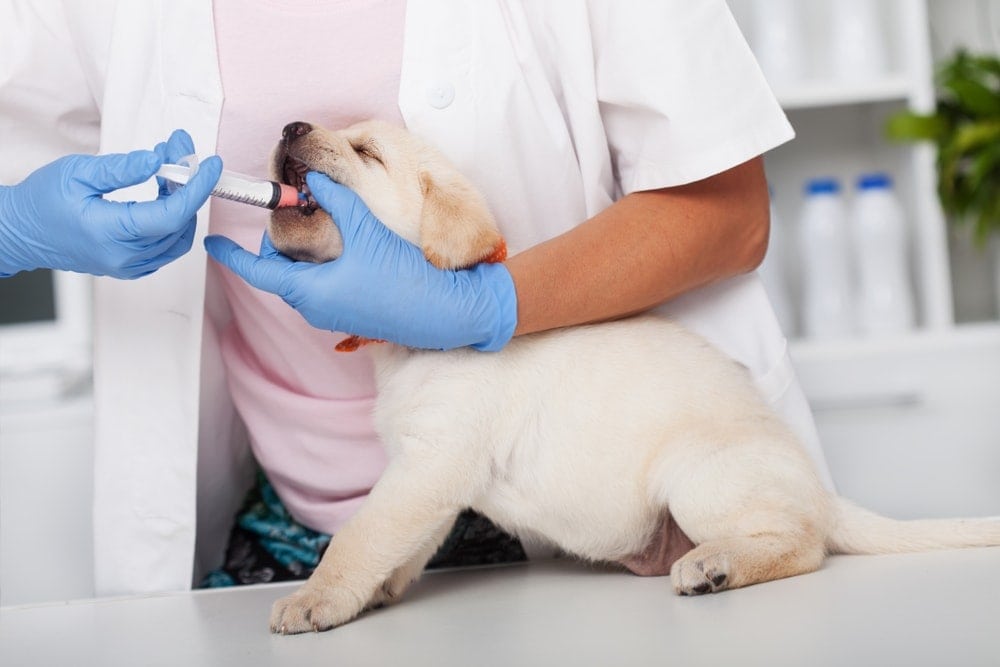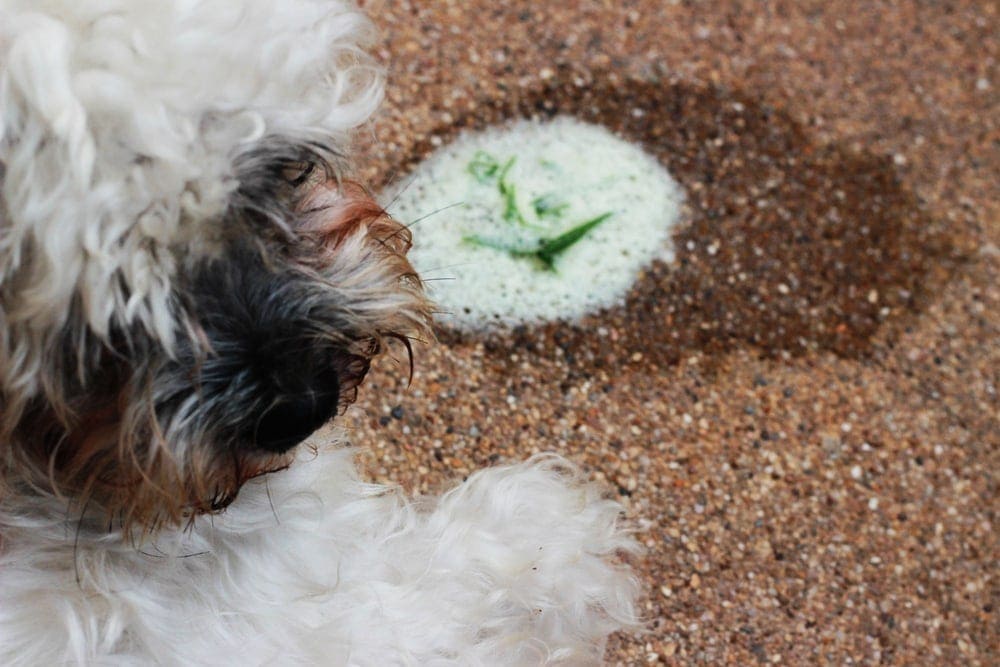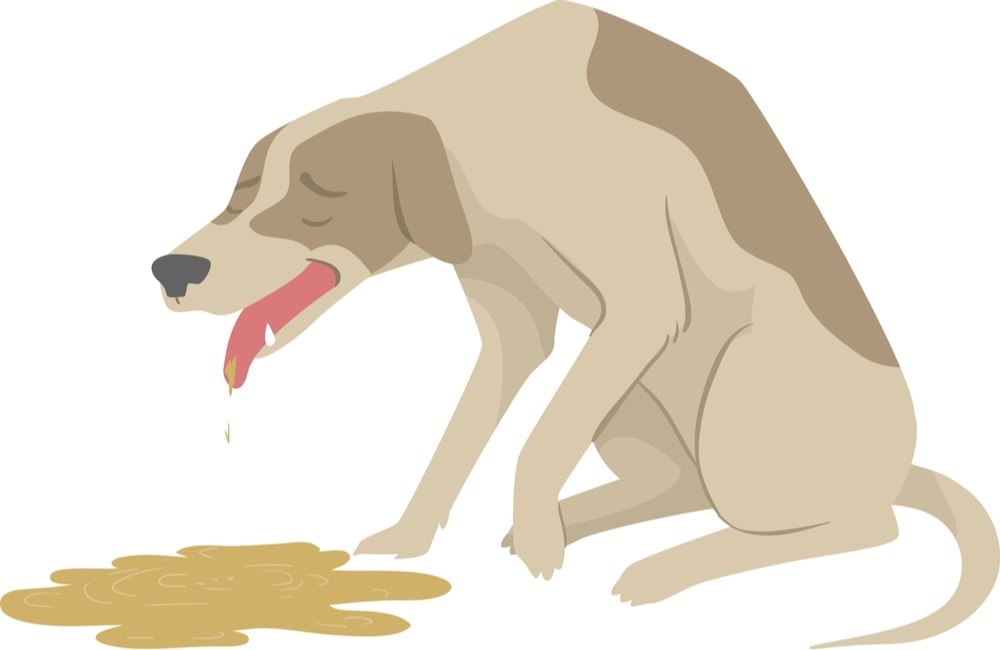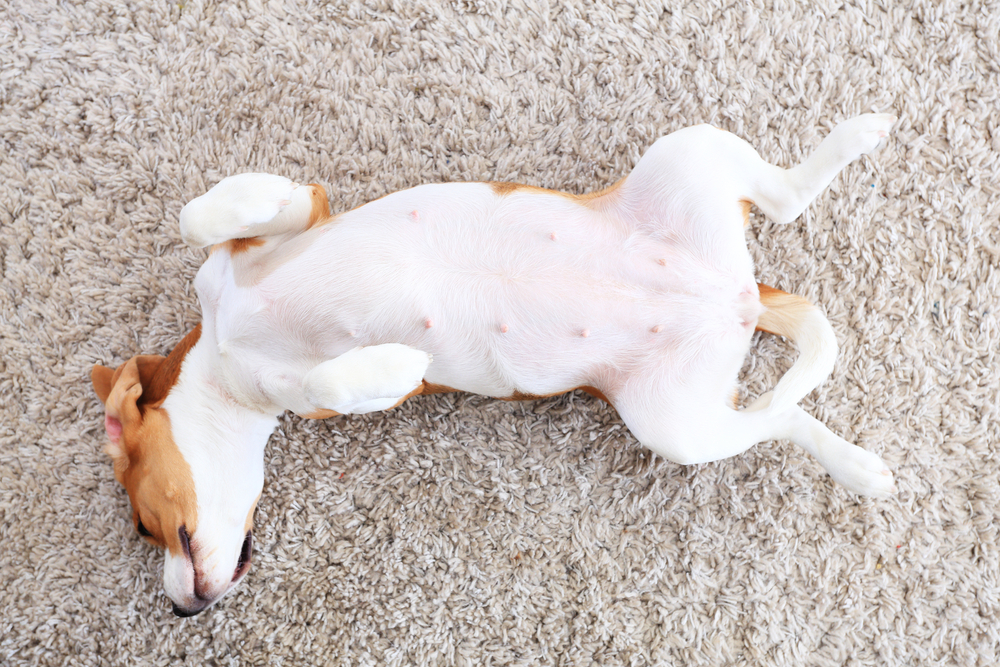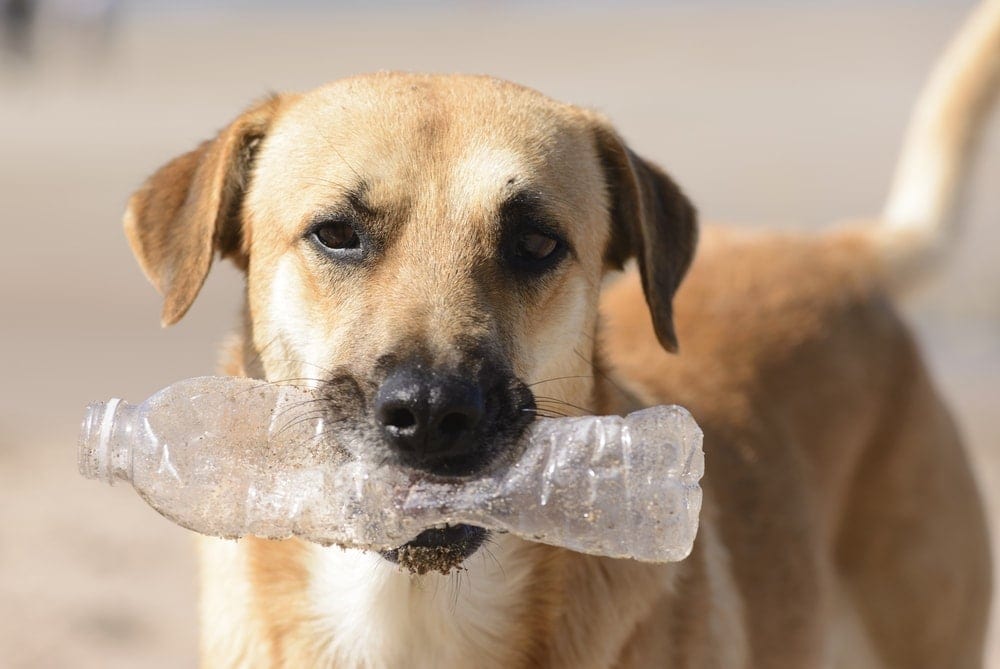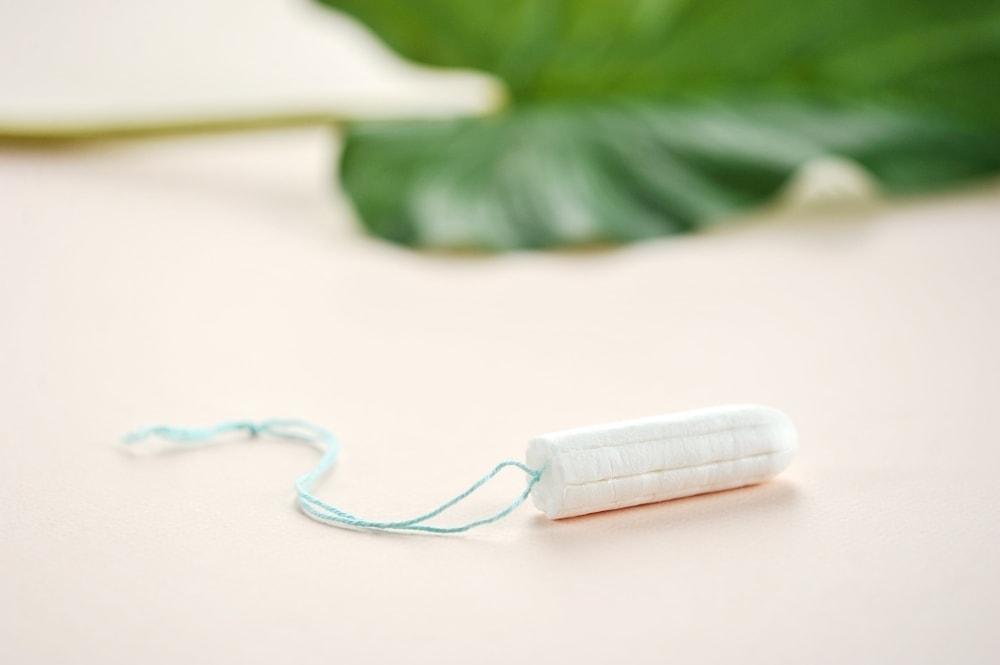If you are going to have your dog dewormed, it is important that you know what to expect afterward.
There are a number of possible side effects that can occur after this is done. The more you know, the easier it will be to take proper care of your pet.
Signs That Your Dog Has Worms
You will first want to learn about some of the signs of worms in dogs. While these worms can be visible in the dog’s stool, this is not always the case. This particular issue can present in the form of sudden weight less despite eating normally.
If a dog is not treated for worms, they may start vomiting or have diarrhea. You should also look out for lethargic behavior. When your dog is suddenly acting sluggish, there is most likely something wrong.
Another common sign of worms in dogs is scooting behavior. This is when a dog drags its butt across the floor in an effort to alleviate their discomfort. It is one of the telltale signs of worms and must be addressed.
If you notice any of these things with your dog, it is important that you get them into the vet’s office as soon as possible. The longer this problem goes untreated, the more dangerous it becomes for your pet.
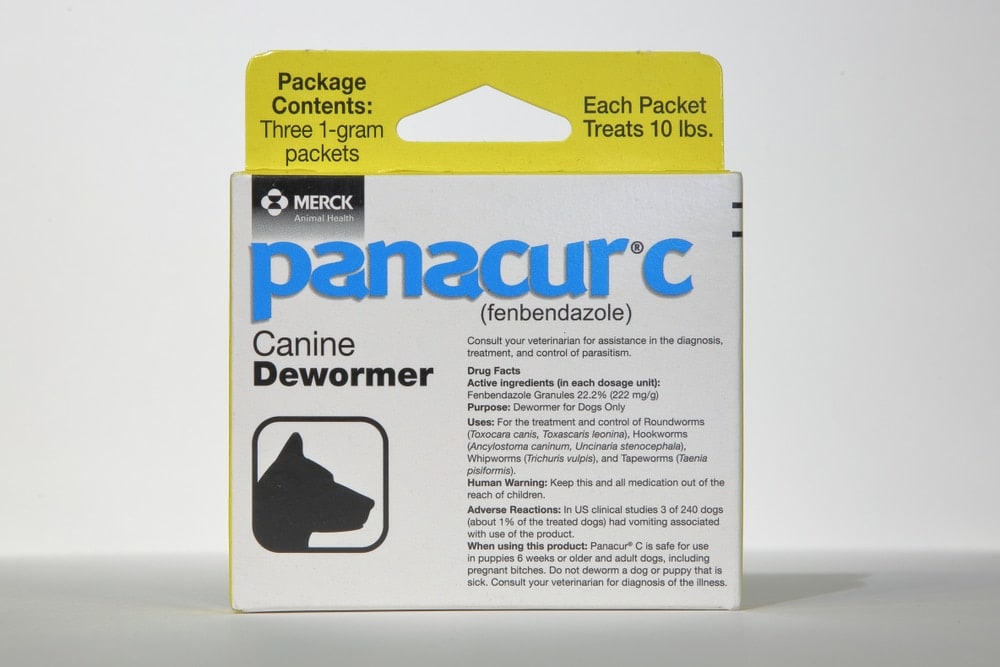
Diagnosing Worms in Dogs
Your veterinarian will most likely request a stool sample from your dog. They will examine the sample under a microscope to check for the presence of worms or their eggs. Sometimes a blood sample is taken, as it can also be used to diagnose this issue.
Some dogs develop heartworms, which are much more serious than most other kinds. This will require your veterinarian to run a blood test and perform X-rays to confirm the worms.
These tests can be expensive but are definitely worth it for your pet’s health. If left untreated, heartworms can cause serious illness and eventually death. The treatment for heartworms is a course of shots given over the course of two months.
The medication needed to get rid of heartworms is very powerful, which means the likelihood of side effects is significantly higher. It is important that you monitor your dog closely during the treatment period and a week or two after.
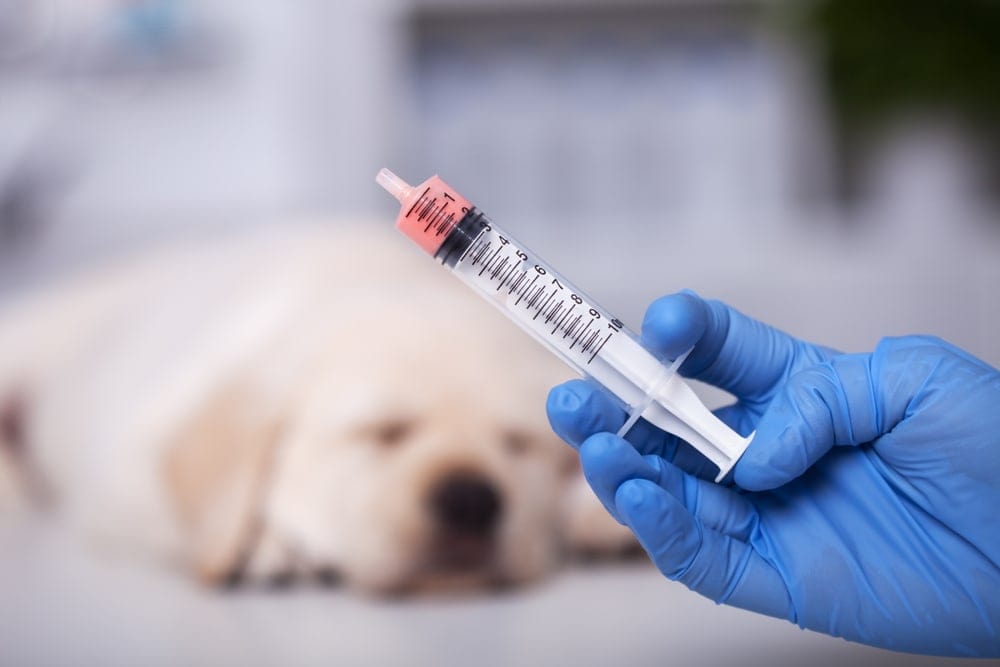
Deworming Medications
Deworming medication is typically administered orally in the form of a flavored treat. It completely kills all of the parasites within 24 hours.
Most of these medications are effective at eliminating all traces of roundworms, hookworms, and tapeworms. These are the most common worms that dogs are prone to getting.
Some of the medications that are given to dogs for deworming include praziquantel, fenbendazole, and epsiprantel. It is possible that you will have to administer treatment a second time if all of the worms are not killed in the first course.
It is extremely important that you follow all of your vet’s instructions when administering the deworming medication. This will prevent any unnecessary side effects or issues with your pet. The vet will most likely tell you exactly what to do, but it is a good idea to check the label of medication when you get home.
Side Effects of Deworming
Not all dogs experience side effects after being dewormed, but some of them do. Most of these side effects are perfectly harmless and not a cause for concern.
1. Lack of Appetite
You might notice a change in your dog’s appetite just after the deworming medication has been administered. This should pass within 24-48 hours, at which point they will get their appetite back and begin eating normally again.
If your dog continues to exhibit a lack of appetite after two days post-treatment, you should make an appointment to see your vet.
2. Diarrhea
It is also fairly common for dogs to have diarrhea for the first day or day after receiving deworming medication. You shouldn’t immediately start worrying if your dog throws up either. Vomiting is another side effect that lots of dogs experience.
It is perfectly normal for dogs that get dewormed to defecate frequently for the first day or two following treatment. Their droppings might have a slightly abnormal appearance, but it is nothing to worry about.
3. Sluggish Behavior
Your dog might not be racing around the house as usual after being dewormed. This is to be expected, so you shouldn’t rush down to your veterinarian. If they still seem under the weather after 48 hours, it is a good idea to get them checked out.
Caring for Your Dog After Deworming
There are some tips that you should follow when it comes to caring for your dog after it has been deformed:
- You should avoid overexerting your dog with too much exercise for the first two days after administering treatment. If you usually take your dog for two walks each day, you should cut back to just one time.
- If your dog is vomiting or exhibiting signs of an upset stomach, don’t try forcing it to eat. A probiotic supplement could help with easing this side effect until it passes.
- Give your dog plenty of attention and affection while it is dealing with any side effects of the deworming medication.
When to see the Veterinarian
If any of the above side effects last for more than two days after administering the deworming treatment, you should take your dog to the vet. Severe negative reactions from this medication are extremely rare, but they are possible. Keep a close eye on your dog after treatment.
Final Thoughts
Deworming your dog is absolutely necessary if it has worms, but there are a number of potential side effects. A vast majority of dogs that get dewormed only experience these side effects for a day or two after receiving treatment. You may need to be patient with your canine companion if it isn’t quite acting like itself. Regular checkups at the veterinarian can help you catch these worms before they do any real damage to your pet.
Sources:
- Deworming Dogs and Cats – Swan Valley Veterinary Clinic
- How to: Deworming your dog – Pedigree
